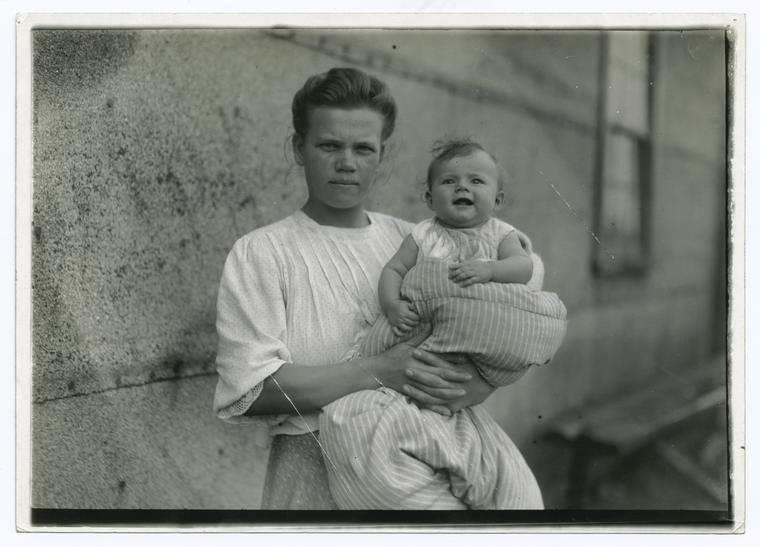
Today’s New York Times includes an article by Emily Cochrane titled Lawmakers Push to Give Ill Baby US Residency. The story is worthy of commentary for a number of reasons most notably that it references two Republican lawmakers (and the Trump Administration) as eager to grant permanent residency for the purpose of granting extensive experimental medical coverage to a non-citizen. The story of this child’s plight is gut wrenching and calls for a compassionate response. I do not and am not competent to address the medical issues but I can speak to some of the immigration themes.
Republicans and immigration restrictionists for years have complained that non-citizens have been flocking to this country illegally in search of free medical care. While these stories are way overblown and unfounded, I find it odd that these members of Congress would through private legislation try to grant permanent residency to a UK citizen with a rare genetic disorder with the purpose of extending to him highly expensive experimental medical care. Lawful permanent residency does not normally confer access to free medical care since an intending immigrant with a medical condition would be barred from admission because of their likelihood of becoming a public charge. In addition a person admitted to permanent residency is ineligible to receive a whole array of public benefits for 40 quarters (10 years) following their admission. And a person who accepts one of these benefits could be deported unless they can show that condition which required the benefits occurred after their admission to permanent residency. These restrictions in US immigration have long been at the core of US immigration law. The inscription which appears on our Statue of Liberty of welcoming the poor and rejected is not reflected in our immigration statutes.
The mechanism used to grant permanent residency to this child is most extraordinary and is commonly known as a “private bill” effectively bypassing the normal visa requirements. The “normal” visa procedure would require the child’s parent’s to have any one of the following: 1) close family ties with a US citizen or permanent resident; 2) a skill for which there is a US employer willing to sponsor either of the parent’s; or 3) either of the parents winning a visa under the annual “diversity” immigrant visa lottery administered by the US for nationals from certain countries (of which the UK is one). Even if the child’s parents could fit into any of these categories they would still have to wait their turn because of the immigrant visa quota that controls how many persons can come to the US each year. More importantly the parents would also have to overcome the extensive “grounds of inadmissibility,” the most ominous being the likelihood that they would need extensive medical care in the US and therefore be unable to show that they were not likely to become a public charge. The inadmissibility grounds bar the admission of people such as the family mentioned in this story.
Of course there are other legal avenues short of permanent residency, but even those would require the parents to show that they had medical care lined up through private sources or that it would be paid through some insurance plan. Short of that, if this case were handled like most, the Department of Homeland Security (DHS) official at the border or the US consular officer in London would not allow this child and his parents to come here. That is what happens to most people in desperate need even if they have supporters in this country.
This brings us back to the original story and begs the question of why an Administration which is perhaps one of the most most restrictionist in a century, would want to bypass all normal procedures and grant permanent residency to this family? The generosity which these lawmakers and the Trump Administration would extend to this family should also go out to others from countries where people have no access to medical care.
[For those interested in private bills I highly recommend a thorough exploration of the material by a colleague, Ana Marie Gallagher titled AILA’s Focus on Private Bills and Pardons (American Immigration Lawyer’s Association Foundation 2008)]
